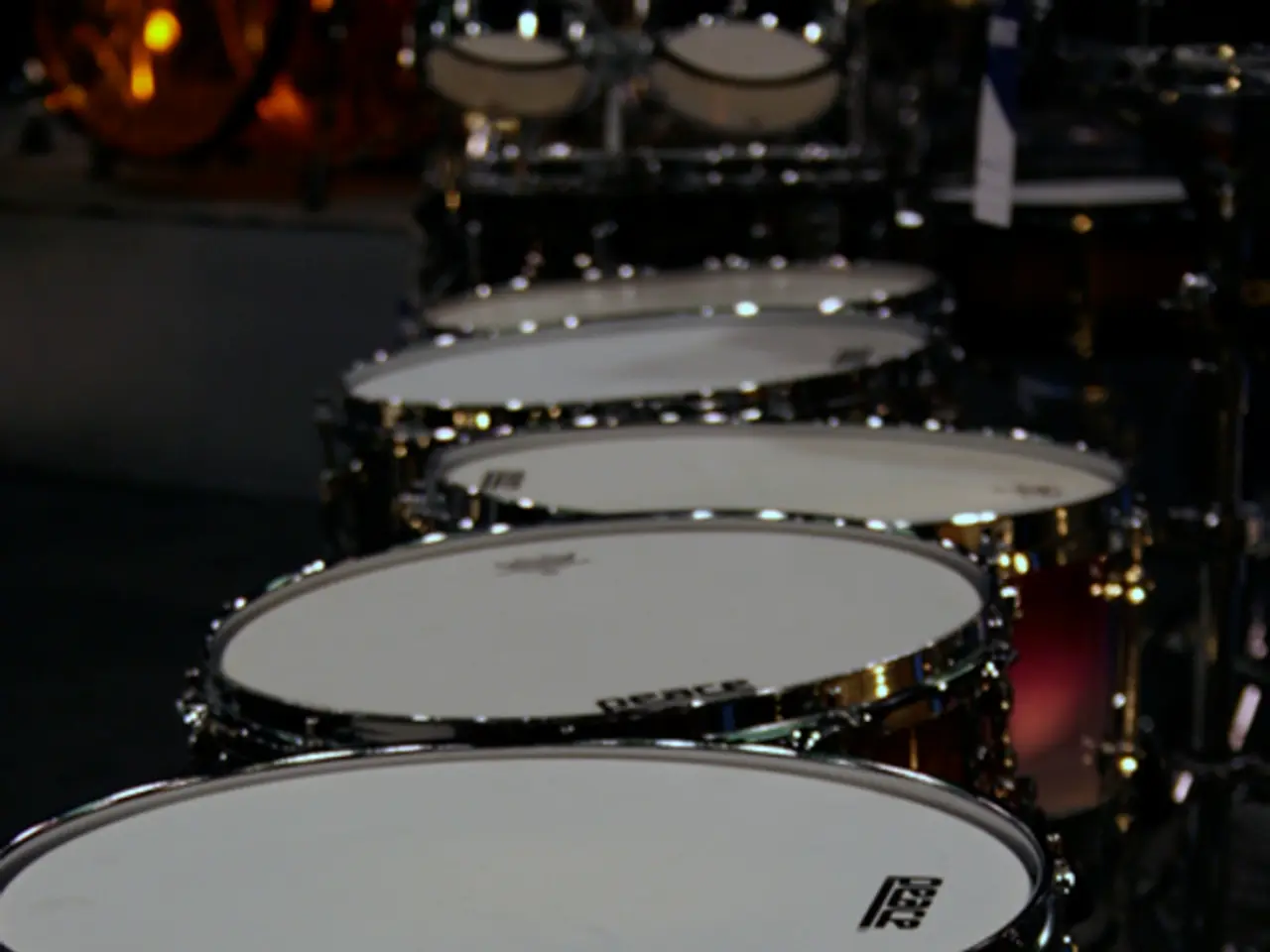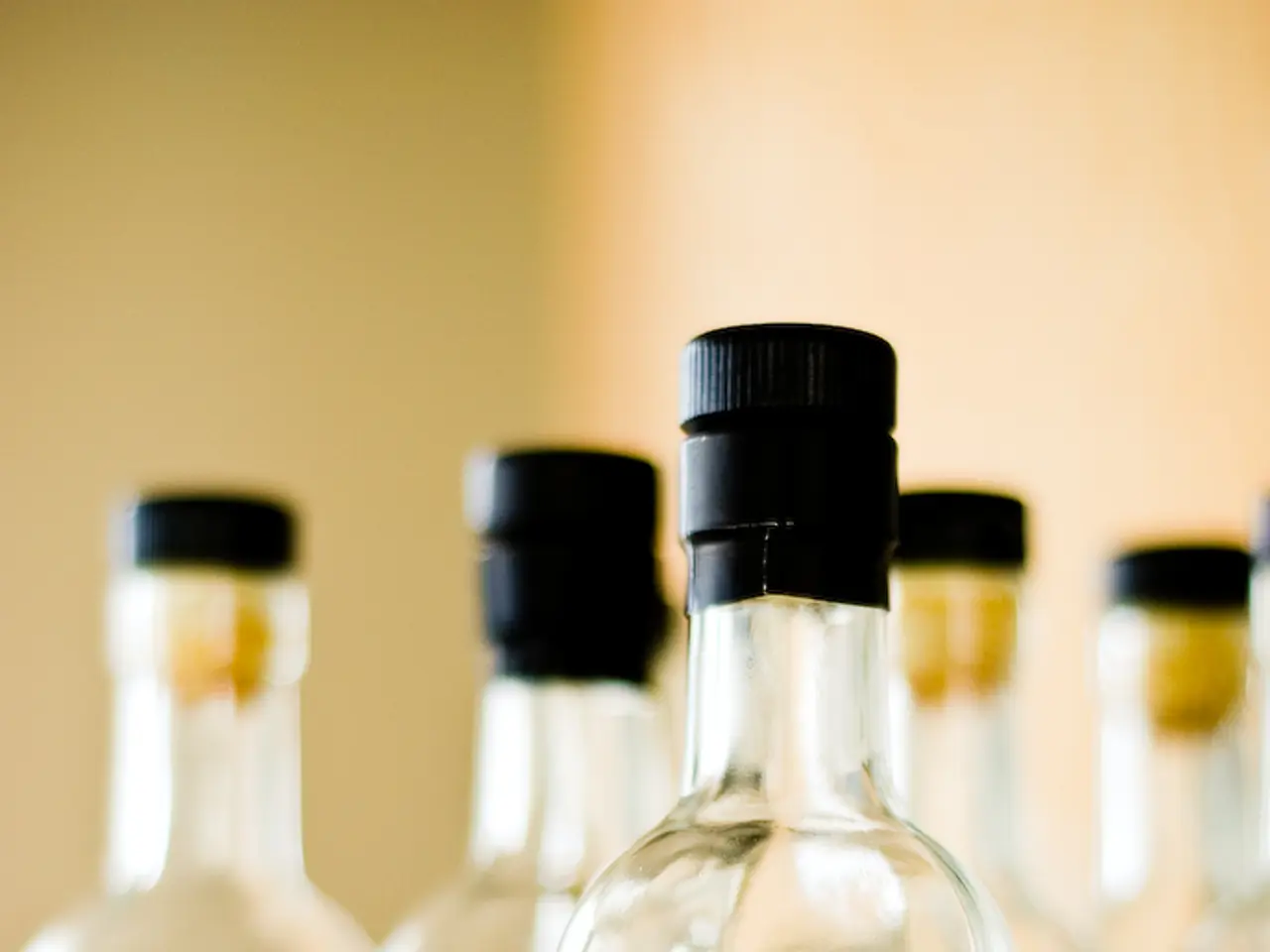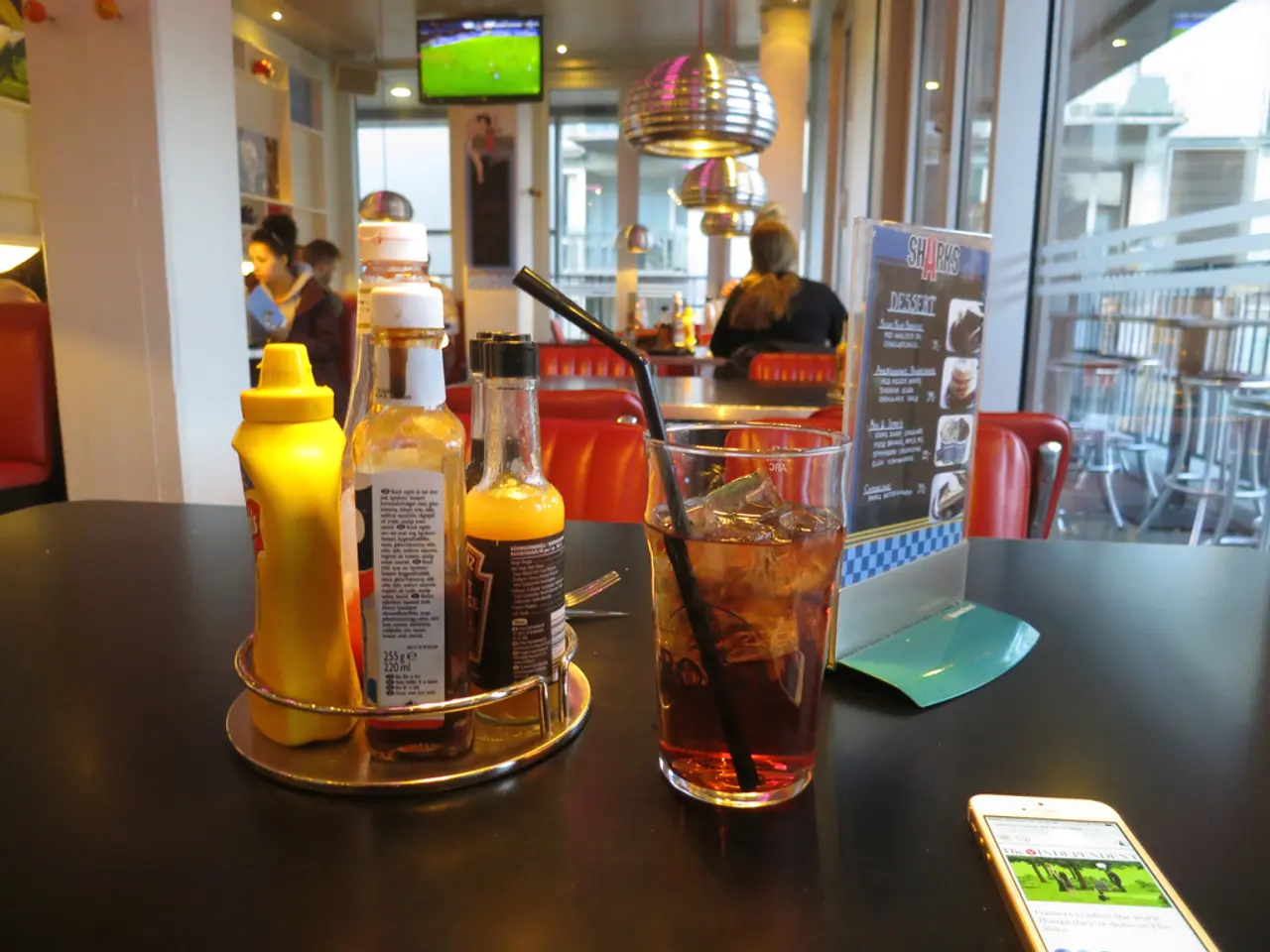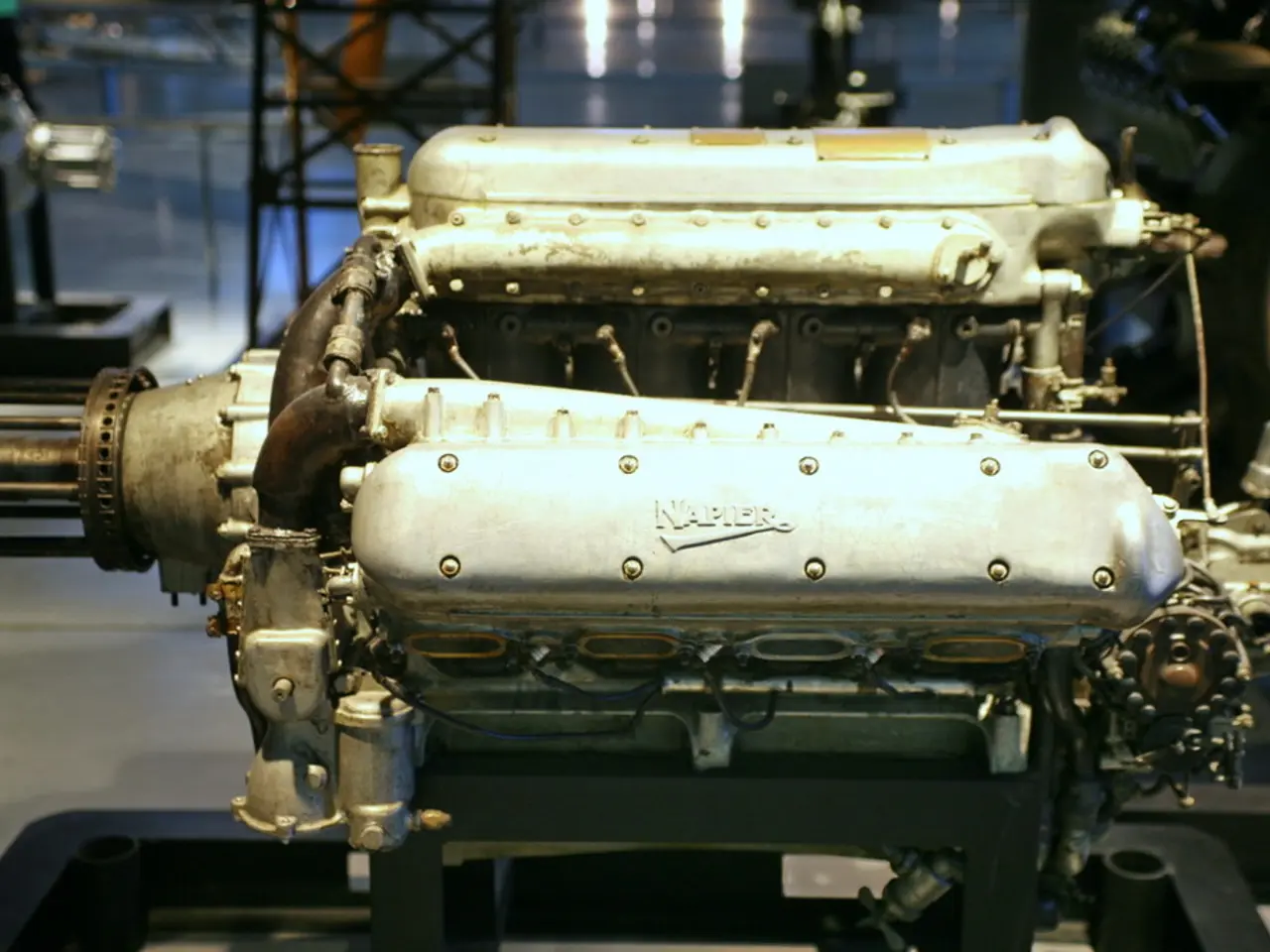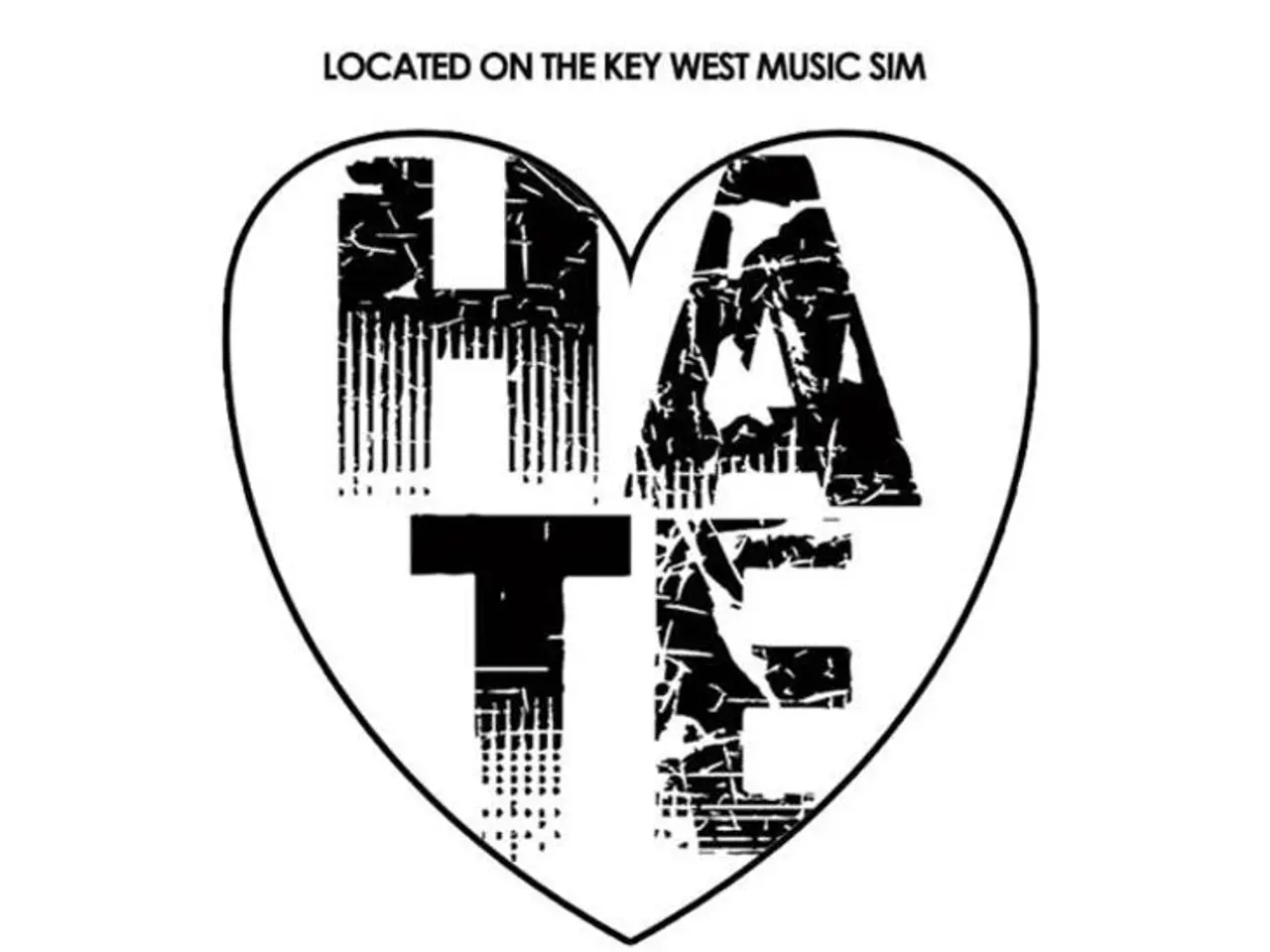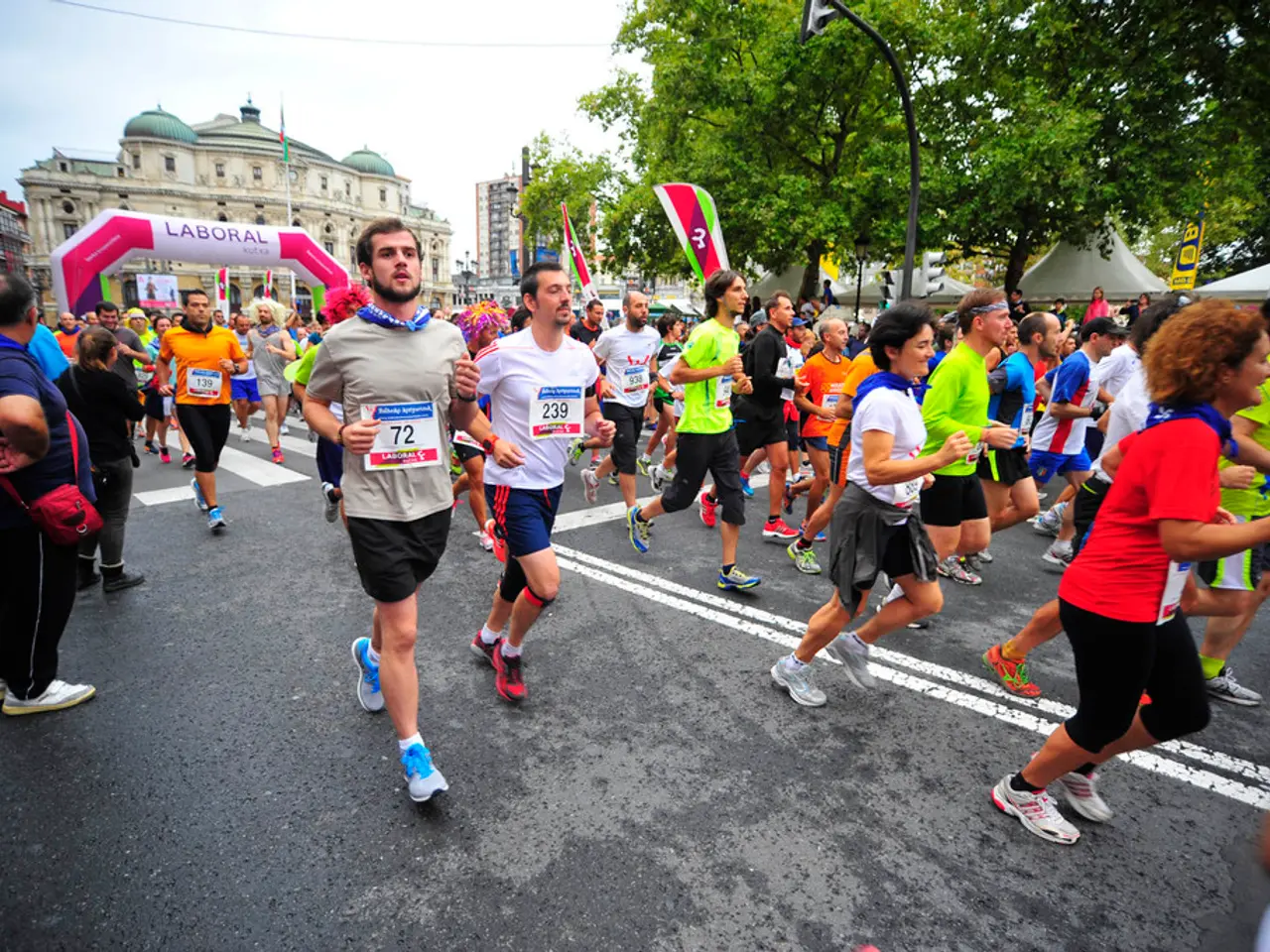Doctor debunks false claim on bananas' advantages for hormone balance
Article Rewrite:
Beware of Bananas: High in Calories, Low in Nutrition
In an interview with RIA Novosti, endocrinologist Natalia Novikova sounded a cautionary note about bananas. She shared her concerns over their high calorie content and the heavy use of fertilizers and chemicals in their cultivation, making them more of a calorie-laden treat rather than a healthy food choice.
Sadly, the bananas we find in stores these days are not the real deal. They are predominantly grown in tropical climates where unchecked amounts of fertilizers, chemicals, and preservatives are used. This means that the nutritional benefits we should be getting from bananas are largely nullified. While they may taste great, they aren't doing much for our health. Each banana packs around 200 calories, so I'd advise against them, she said.
The endocrinologist also debunked the common belief that bananas are a good source of magnesium. She suggested looking towards other food options to meet your magnesium needs.
For magnesium, a banana isn't your best friend. The magnesium content in bananas is minimal, and its form isn't well-absorbed. Instead, consider snacking on sesame seeds, bran, cocoa, sunflower seeds, or cashews. Interestingly, even regular buckwheat contains a sufficient amount of this microelement, she added.
Potential Alternatives for Magnesium-Rich Foods
While endocrinologist Natalia Novikova did not specify alternatives to bananas for magnesium intake in her interview, it's worth noting that various foods are rich in magnesium. These include:
- Dark leafy greens such as spinach and kale
- Nuts and seeds like almonds, cashews, pumpkin seeds, and sesame seeds
- Legumes including black beans, chickpeas, and lentils
- Whole grains like brown rice, quinoa, and whole wheat bread
- Fish such as mackerel and halibut
- Dairy products like milk and yogurt
- Avocados and some types of fruit like figs and apricots
These magnesium-rich foods can make excellent alternatives or supplements to bananas in your diet.
Science warns that bananas, while often marketed as health-and-wellness foods, might not be the best choice due to their high calorie content and heavy use of fertilizers and chemicals. In light of this, one should consider alternative sources of nutrients, such as dark leafy greens like spinach and kale, nuts and seeds like almonds, cashews, pumpkin seeds, and sesame seeds, and other magnesium-rich foods for a well-rounded fitness-and-exercise and general nutrition.

